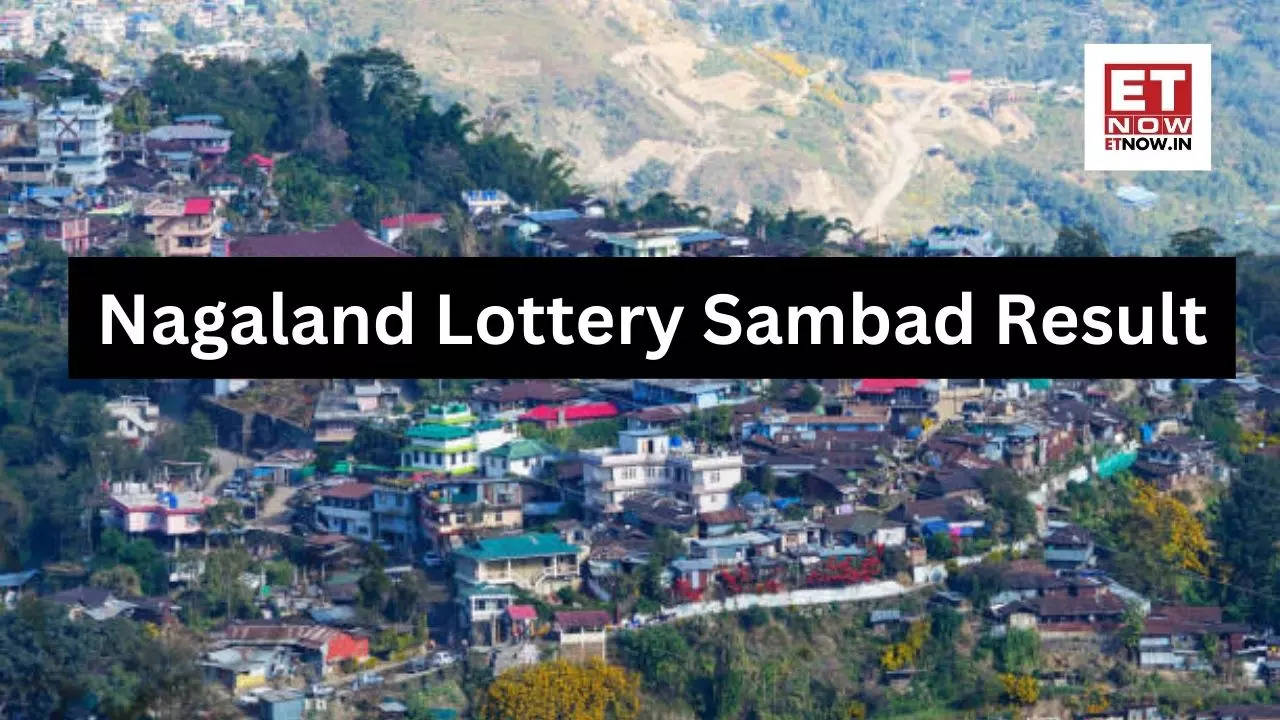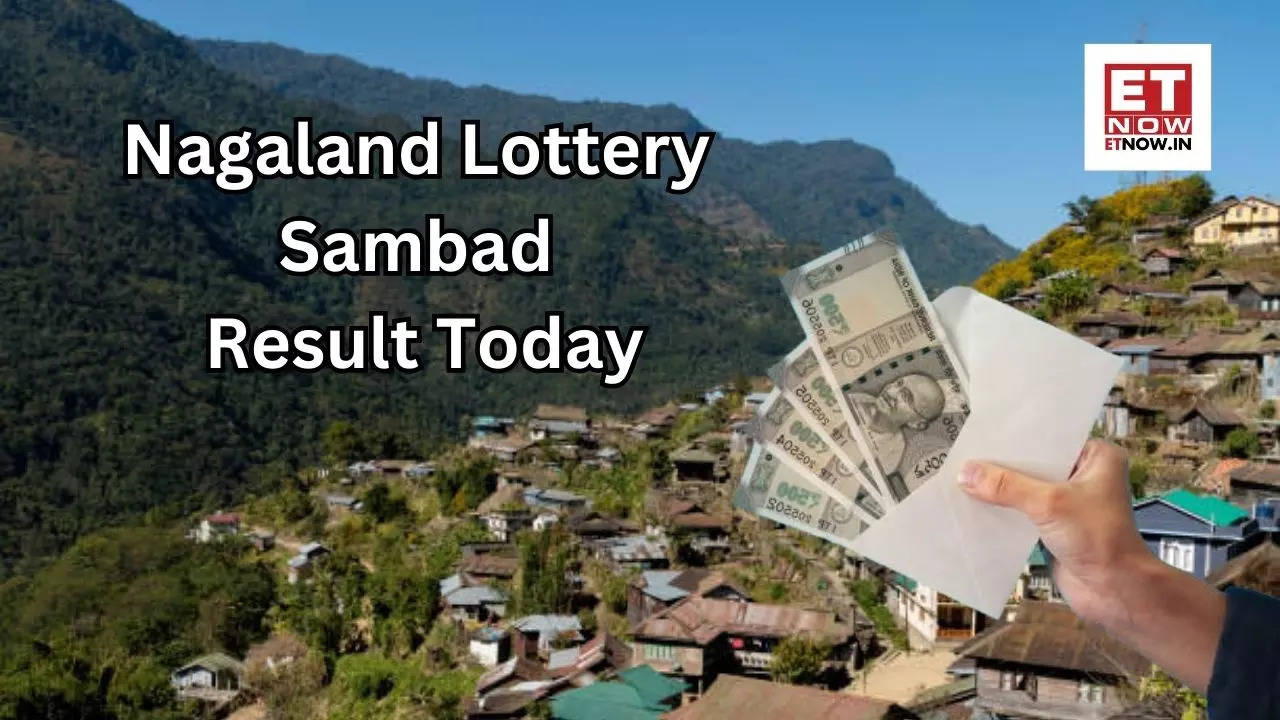Bussiness
Toronto’s Anson Funds reaches settlement with U.S. regulator over short-selling practices
Anson Advisors Inc. will pay US$2.25-million after U.S. securities regulators sanctioned and fined the Toronto money manager for failing to tell its investors how it was working with activist short sellers.
The Securities and Exchange Commission struck the settlement with Anson over activities from the fall of 2018. As is customary in SEC settlements, Anson neither admitted nor denied the allegations in the SEC complaint.
The regulator said documents Anson provided to its investors described a short position investment strategy that omitted how it worked with activist short sellers. The SEC said short sellers who planned to release a report attacking a company shared information with Anson before a report’s publication. Anson then paid a portion of the profits on the short sale to the publisher of the report.
In 2018, Anson paid an unnamed short-selling publisher US$1.1-million after trading on reports about two different stocks: Canadian Securities Exchange-listed Namaste Technologies Inc. and NYSE-listed India Globalization Capital Inc. Both companies have since changed their names: Namaste to Lifeist Wellness Inc. in 2021 and India Globalization Capital to IGC Pharma Inc. in 2023.
The SEC also said Anson incorrectly recorded profit-sharing payments to short sellers as research services, thereby violating the books-and-records provisions of the U.S. Investment Advisers Act.
Dan Zacchei, a spokesperson for the firm, said in a statement that the SEC “made no allegations that Anson ever disseminated any false or misleading information into the market, engaged in inappropriate trading or in any way breached its fiduciary duty to its investors.”
He said both of the companies Anson shorted “were ultimately found to be engaging in deceptive business practices, and Anson’s involvement not only benefitted our own investors but also the broader market by exposing these bad actors.” The two stocks are down nearly 100 per cent from fall 2018 prices, he noted.
The SEC action is the second against Anson related to short selling. In October, 2023, the SEC said Anson had an “incorrect understanding” of the country’s short-selling rules. Anson agreed to pay a total of US$3.33-million in penalties and a return of profits.
Short selling is a bet that a company’s stock price will drop. An investor borrows shares, sells them and repays the loan by returning new shares, hopefully bought at a lower price.
Activist short sellers are deeply controversial, particularly in Canada. Opponents of the practice call it “short and distort,” with many alleging that short sellers are defaming targeted companies with multiple inaccuracies. Short sellers who announce their position, then close it out quickly when the stock falls, are said to “smash and grab.”
Responding to pressure from public companies and the law firms and other advisers who represent them, the Canadian Securities Administrators solicited public feedback on short selling in 2020, and again in 2022 in a partnership with the Canadian Investment Regulatory Organization. In 2021, Ontario’s Capital Markets Modernization Taskforce called for tougher rules to ensure short sellers have borrowed shares in place before they execute a short trade.
Still, neither the SEC nor Canadian regulators have launched widespread enforcement actions against short sellers, alleging market manipulation. The Ontario Securities Commission has been pursuing a case since November, 2022, against Cormark Securities, a Toronto mid-market investment bank, alleging it facilitated an “illegal and abusive short-selling scheme.” Cormark’s then-chief operating officer Susan Streeter told The Globe and Mail in a statement when the allegation was made that the company “vehemently denies the allegations against it.”
“Short selling plays an important role in the financial markets by promoting transparency and contributing to liquidity and price discovery, and thus contributing to market integrity and investor protection,” CSA and CIRO wrote in their November, 2023, summary of the feedback they’d received.
The SEC’s Anson action says the Toronto money manager contacted an activist short seller in September, 2018, about Namaste and worked with the short seller to prepare two bearish reports and tweets. Anson generated about US$3.8-million in profits on its short sales of Namaste.
In October, 2018, Anson agreed to pay the same short seller a share of its profits from trading on India Globalization Capital. After a bearish tweet by the short seller, Anson made a US$500,000 profit that day.
The SEC said Anson sent the short seller’s share of profits to a third party, which created invoices for research services. The third party then sent the money to the short seller.
Anson’s agreements with and payments to short publishers was information that Anson’s fund investors would have found material, the SEC argues, and the omission of it from Anson’s fund documents “rendered its statements about its short strategy misleading,” the SEC said.
Asked the identity of the short seller, Anson declined to comment. At the time of the events in the SEC allegations, short seller Andrew Left of Citron Research published short reports on Namaste and India Globalization Capital. Mr. Left did not respond to an e-mailed request for comment Wednesday.









